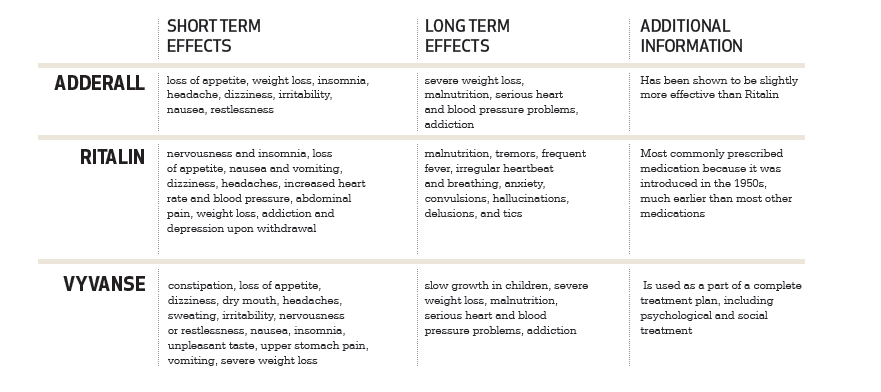ADHD Medication Side Effects

Antidiuretic hormone, or ADH, is a hormone secreted by the pituitary gland that controls the production of uric acid in the body. Vasopressin and arginine-vasopressin are different hormones produced by the same gland. In a blood test to determine the presence of these hormones, you will look for the following results:
- Antidiuretic hormone, ADH An antidiuretic hormone test measures the amount of vasopressin (ADH) in your bloodstream. Vasopressins control the level of urine in the body. A small amount of vasopressins is produced by the pituitary gland.
- Antidysaline, ADYADHD Antidysaline is an antidiuretic. It works by pushing fluid from the kidneys out of the blood into the urine. There are other types of antidiuretics. If your blood levels of antidisaline are high, you may have high blood sugar or high levels of uric acid in your urine.
- Anticholinergics, AVAAHD anticholinergics act by paralyzing the nerves in the brain. When the nerves are paralyzed, they do not receive the messages that normally come from the brain. The result is less mental alertness and increased sweating. People with AD / HD will have an increased incidence of these two symptoms when they take AVAAHD.
- Anticholinergics, ARADHD The results of anticholinergics depend on which one you are taking. Most of them have beneficial effects when taken during an attack. In some cases, the person taking AVAAHD is unable to function while taking it. They will be very active, but there is little they can do.
- Anticholinergics, APADHD Anticholinergics help control the symptoms of hypertension by blocking nerve impulses that cause high blood pressure. They also help reduce the amount of fluid in the blood and increase urine output. These drugs help control the symptoms of hypercholesterolemia, high blood pressure, and abnormal heart rhythms.
- Anticholinergics, APADHD Anticholinergics have other side effects that include constipation, vomiting, diarrhea, stomach cramps, irregular breathing, headache, dizziness, seizures, and muscle cramps. They can also cause changes in the skin and gastrointestinal tract.
Antihistamines, ADH These antihistamines are prescribed to treat the symptoms of ADHD. They block chemicals in the brain that make ADHD symptoms worse. They also help prevent the transmission of neurotransmitters to the nervous system

Calcium channel blocker, ACEADH One of the anticholinergic drugs, ACEADH, blocks alpha-aminobutyric acid (BABABA) from neurons in the brain. It is a chemical that transfers information between brain cells and body cells.
Anticholinergics, ARADHD Another anticholinergic drug, ACEADH, blocks calcium channels at nerve synapses. It is located close to the brain. It transfers information between neurons in the body. When calcium channels are blocked, the transmitter cannot produce neurotransmitters.
Antipsychotics, anticholinergics ADH and AEDAP are used to treat children with uncontrolled behavior. They are used together in combination with ADHD medications. Antipsychotic drugs block chemicals in the brain. This means that they decrease the amount of neurotransmitters produced.
Antipsychotic Drugs, ADH, and AEDAP Antipsychotic drugs are usually used alone, but sometimes they are also used together with other drugs to treat ADHD symptoms. Side effects of these drugs include drowsiness, loss of balance, loss of coordination, lack of sleep, hallucinations, anxiety, and irritability.
Anxiety medications, ADH and AEDAP. These medications are used in combination with other medications to reduce the symptoms of ADHD. Side effects of these drugs include anxiety, anxiety, headaches and tremors, nausea, diarrhea, and sweating.
Benzodiazepines, ADH, and AEDAP These types of medications are used in combination with other medications to treat ADHD symptoms. Side effects of these drugs include dizziness, drowsiness, nausea, and headaches.
All of these drugs have side effects, and sometimes they can also cause dangerous side effects. Therefore, you should talk to your doctor before starting any of these medications.
